Concrete over other materials
Concrete pavers are a popular choice for various paving applications, and they offer several advantages over other pavement options such as asphalt, gravel, or natural stone. Here's why one might choose concrete pavers:

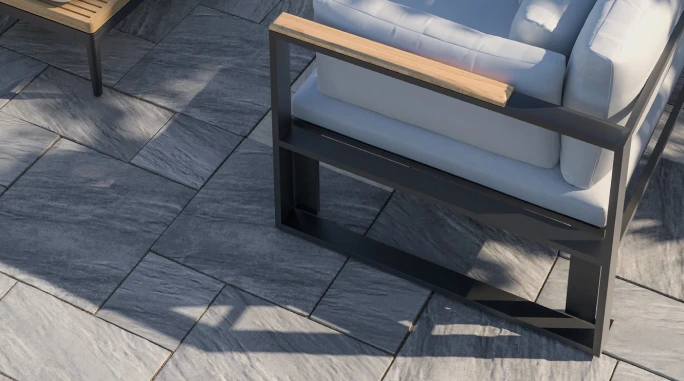
Durability
Concrete pavers are known for their strength and durability. They can withstand heavy loads and are resistant to wear and tear, making them suitable for driveways, walkways, and other high-traffic areas.

Design Flexibility
Concrete pavers are a popular choice for various paving applications, and they offer several advantages over other pavement options such as asphalt, gravel, or natural stone. Here's why one might choose concrete pavers:
Ease of
Maintenance
Concrete pavers are relatively easy to maintain. If a paver becomes damaged, it can be individually replaced without affecting the surrounding pavers. Regular sweeping and occasional washing are usually sufficient to keep them looking new.
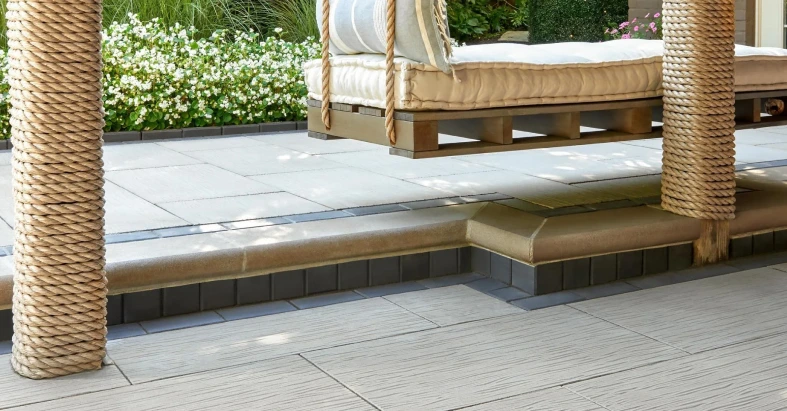
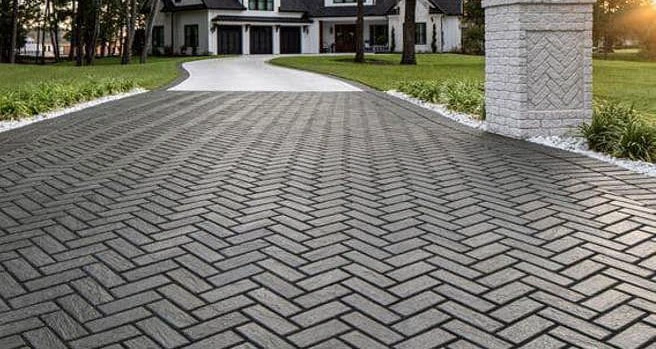
Cost-Effectiveness
While the initial cost of concrete pavers may be higher than some other materials, their durability and low maintenance requirements often make them a more cost-effective option in the long run.
Weather
Resistence
Concrete pavers are resistant to weather conditions, including freezing and thawing cycles. This makes them a suitable choice in various climates, as they are less likely to crack or become damaged due to temperature changes.
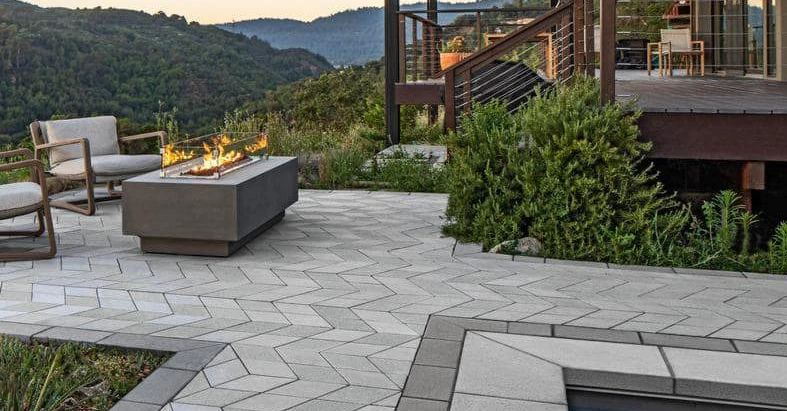
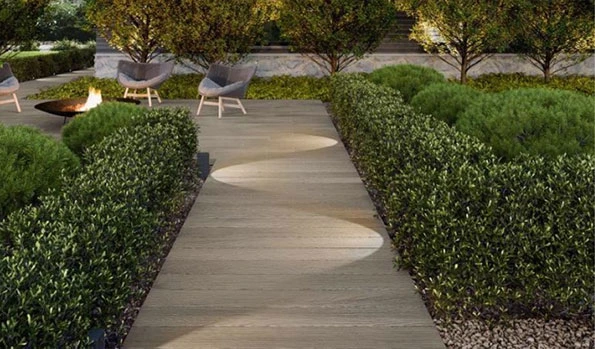
Quick Installation
Concrete pavers can be installed relatively quickly, especially when compared to poured concrete or other paving materials. This can reduce labor costs and minimize disruption to the area being paved.
Resale Value
A well-designed and maintained paver installation can enhance the aesthetic appeal of a property, potentially increasing its resale value.
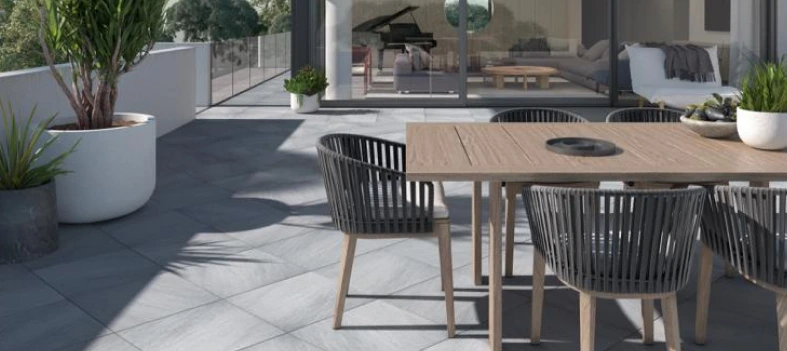

Sustainability
Concrete pavers can be made from recycled materials, and old pavers can be reused or recycled, contributing to sustainability goals.However, it's essential to consider the specific needs and preferences of the project, as other paving options might be more suitable in certain situations. Factors such as the intended use of the paved area, budget constraints, aesthetic preferences, and local climate should all be considered when choosing the best paving material. Consulting with a paving professional or landscape architect can also help in making an informed decision based on the unique requirements of the project